In 1972, students at UC Berkeley saw a need for change. In the midst of a social crisis, they knew it was time to take initiative in shaping their future. Who else was going to do it? CALPIRG, or the California Public Interest Research Group, was born. For over 50 years, the state-wide and entirely student-run advocacy group has been working to make tangible change across the state.
Revelle College junior Byul Sak is the president of the UCSD chapter of CALPIRG. Sak joined during her first year, and has found a passion and a place in CALPIRG leadership.
The start of every student’s CALPIRG journey often begins with a simple request: Will you pledge CALPIRG? Pledging CALPIRG means contributing $10 of tuition money to fund their work every quarter, the result of a deal CALPIRG struck with the UC. Students interested in doing more than pledge are offered the chance to participate in a variety of volunteer events that support whatever campaigns taking place at any given time.
Advised by a group of professionals who are funded by student pledges, CALPIRG students work to organize and pursue both new and ongoing campaigns each quarter. Though adult advisors support CALPIRG students’ evolution into activists, students are at the core of their work.
Seventh College freshman Danae Delgado-Diaz also joined CALPIRG during her first quarter at UCSD in a search for a community on campus. A consistent volunteer and member at large, she’s now the grassroots coordinator for the Beyond Plastics campaign.
Delgado-Diaz emphasized the importance of student advocacy and involvement.
“The voices of youth are really important,” she said. “What about us? This is a world that we’re going to be living in.”
Sak emphasized CALPIRG’s mission: to use people power to make change from the ground up, addressing the root of the issues at hand. Though their scope is broad, CALPIRG student organizations mainly work on public interest issues, distinctly nonpartisan.
Their track record ranges from environmental issues to youth civic engagement. Near its founding in the 1970s, CALPIRG helped establish the first car seatbelt safety standards in California. They worked to add expiration dates to milk cartons. In 2010, they lobbied to make higher education more affordable through funding for Pell Grants.
Each UCSD quarter, CALPIRG students focus on a lead campaign. This quarter, it’s Beyond Plastics, an effort to ban plastic bags completely across California. Sak is coordinator for Beyond Plastics, and sees the campaign as a way to put the responsibility of plastic pollution on producers, rather than consumers.
“This bill is the start of a general understanding in California that we need to hold these powerful corporations accountable,” she said.
Beyond Plastics is a continuation of an ongoing effort to ban plastic bags following an initial ban in 2016. Though the bill was a success, it became diluted as it moved up the ranks, leaving what Sak and Delgado-Diaz described as “loopholes” for many businesses. The bill banned a particular type of “single use” thin plastic bags, but still allowed stores to use thicker plastic. Though the latter are technically not “single use,” they’re still plastic and produce harmful waste. Calpirg also helped to pass SB-54, the Plastic Pollution Prevention and Packaging Producer Responsibility Act, an important victory in fighting the plastic industry. Calpirg members hope to see Beyond Plastics push forward and make an even bigger difference.
“The fact that something we use for five minutes a day goes on to pollute our planet for hundreds of years is crazy,” Sak said.
With local bans on all plastic bags already passed in cities like Berkeley and Los Angeles, Delgado-Diaz has hope that they can pass the statewide ban.
“Other PIRGs in other states have learned from our mistakes,” she said. “They fixed the wording of the bill and they succeeded and won. Now we’re just trying to do the same, finish what we started.”
Alongside Beyond Plastics, other current campaigns include the New Voters Project and Plastic Free Seas. The ongoing New Voters campaign aims to foster a culture of civic engagement across the UC system through voter registration and education. Plastic Free Seas is a program in pursuit of designating more marine protected areas in California.
Another one of CALPIRG’s current campaigns is an attempt to switch UCSD to 100% renewable sources of energy. Though CALPIRG has helped to pass both UCSD and California commitments to clean energy efforts, Sak said she hasn’t always felt like UCSD is receptive to their efforts. As she was passed from person to person, Sak was often left frustrated by the bureaucratic nature of such a large institution.
“If it’s not benefitting their profit margins, if they don’t have a compelling reason to do something, they don’t want to do it,” she said.
But regardless of any hurdles, Sak, Delgado-Diaz, and the rest of CALPIRG will continue to push for change, urging their peers to do the same.
CALPIRG employs a variety of tactics to work towards their goals. With people power as the main force behind their efforts, collecting support through petitions and signatures remains a primary method. Sak described the importance of getting support from “VIPs,” or people whose voices really matter in working against specific issues. For Beyond Plastics, it’s essential to attain support from small businesses that might be most impacted by a plastic bag ban. Other efforts include writing letters to legislators and newspapers and garnering media attention for important events.
At the end of each quarter, CALPIRG representatives travel to Sacramento for their “lobby day,” where they hold official meetings with legislators to present their work throughout the quarter.
Sak looks forward to this year’s lobby day, a culmination of all the support the organizers have collected throughout the quarter. Meeting with assembly members and senators is a unique opportunity for students to push for change on a higher level. Sak sees CALPIRG’s demographic as an important part of their historic success, claiming that college students take on a unique role in the activist world.
As young people just trying to get a foot in the door, college students aren’t necessarily held to the same standards as established adults with careers.
“When [legislators] see college students taking time out of their day and out of their lives to advocate for whatever issue that they’re working on, they understand that this is something really important,” Sak explained. “We have just the right amount of credibility where they might listen to us.”
Taking on issues as complex as climate change and democratic integrity isn’t always easy. Sak described the constant endeavor of recruitment and retention. Every member does what they can, but there will always be more to do.
“The more people we have, the more we’ll be able to accomplish,” she said. “The number of roles and things we need to do are endless.”
Sak hopes to see the UCSD community continue to get involved in both state-wide and UC level efforts. “You don’t have to wait until you graduate and become a real adult to start making changes,” she said.
Delgado-Diaz hopes that organizations like CALPIRG will help students realize that they can make a difference.
“The voices of young people are something that haven’t really been heard for a while,” she said. “For some reason in the past couple years there’s been kind of a thing where people say, ‘What I’m doing isn’t going to change anything.’ It feels like young people are kind of just giving up. I think CALPIRG is a great way to make a difference with a team.”
CALPIRG has also helped Delgado-Diaz come out of her shell. Following a high school career of introversion and nerves, she came to college wanting to change. Tasked with recruiting on library walk, she found herself slowly becoming more open and confident.
“Even just going up to people, petitioning, waving, smiling, is a skill that I’ve had to develop,” she said. “That’s something I never would have done even just a few months ago.”
Danae and Byul both urge students to get involved in the UCSD activist community, whether that’s by joining CALPIRG or making a simple $10 pledge. Delgado-Diaz recalls one interaction with a student on Library Walk, where she was approached by someone asking about the CALPIRG Save the Bees Campaign. The student had pledged money for the cause a few years back.
“I was so happy to tell her that we actually won that campaign. It was great to see her realize that her contribution made a difference,” Delgado-Diaz said.


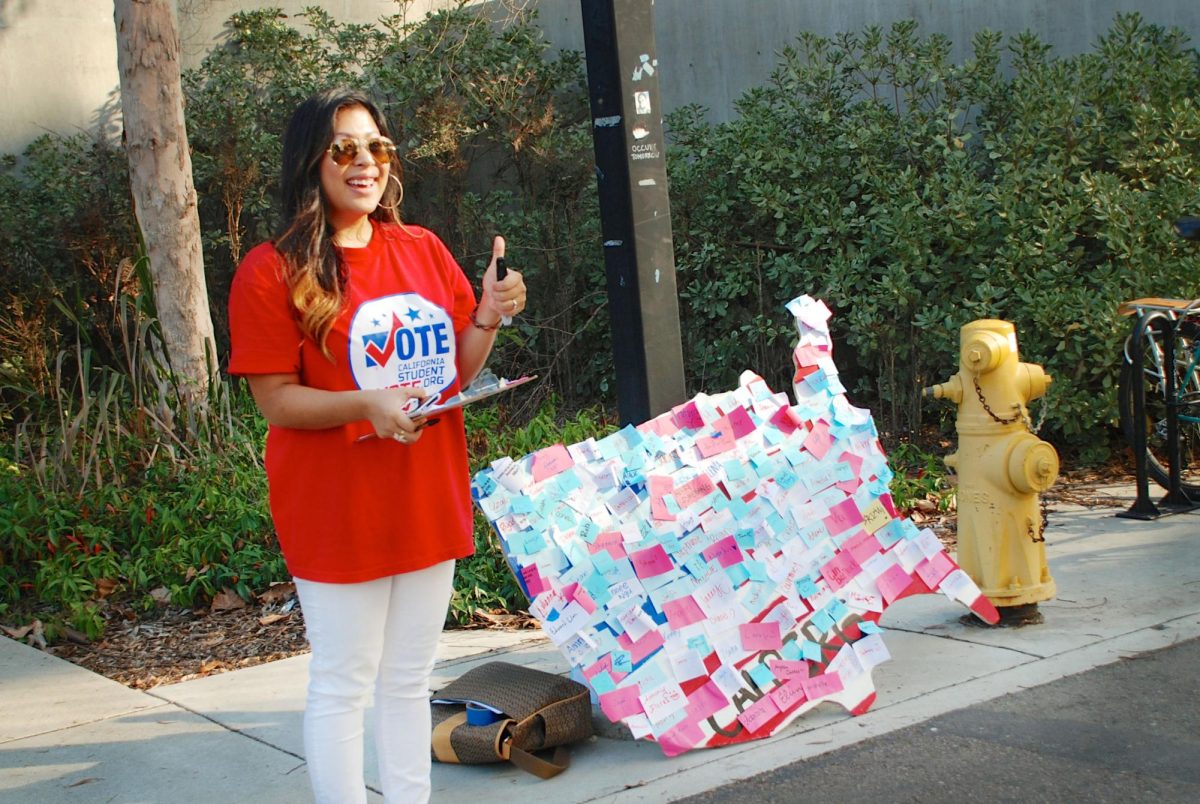
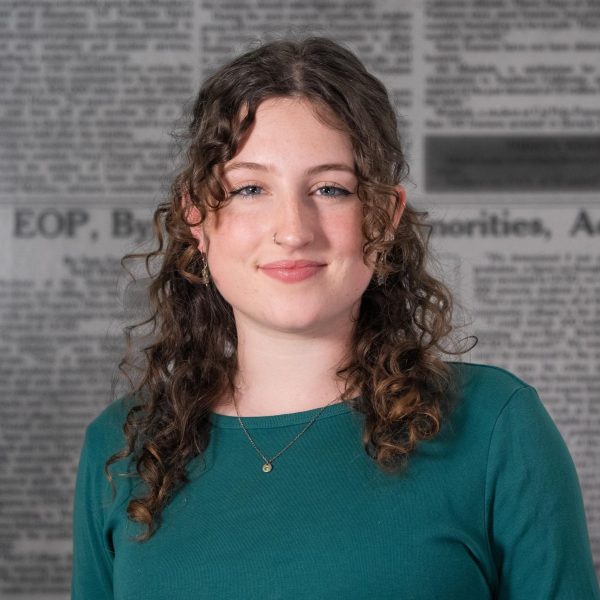






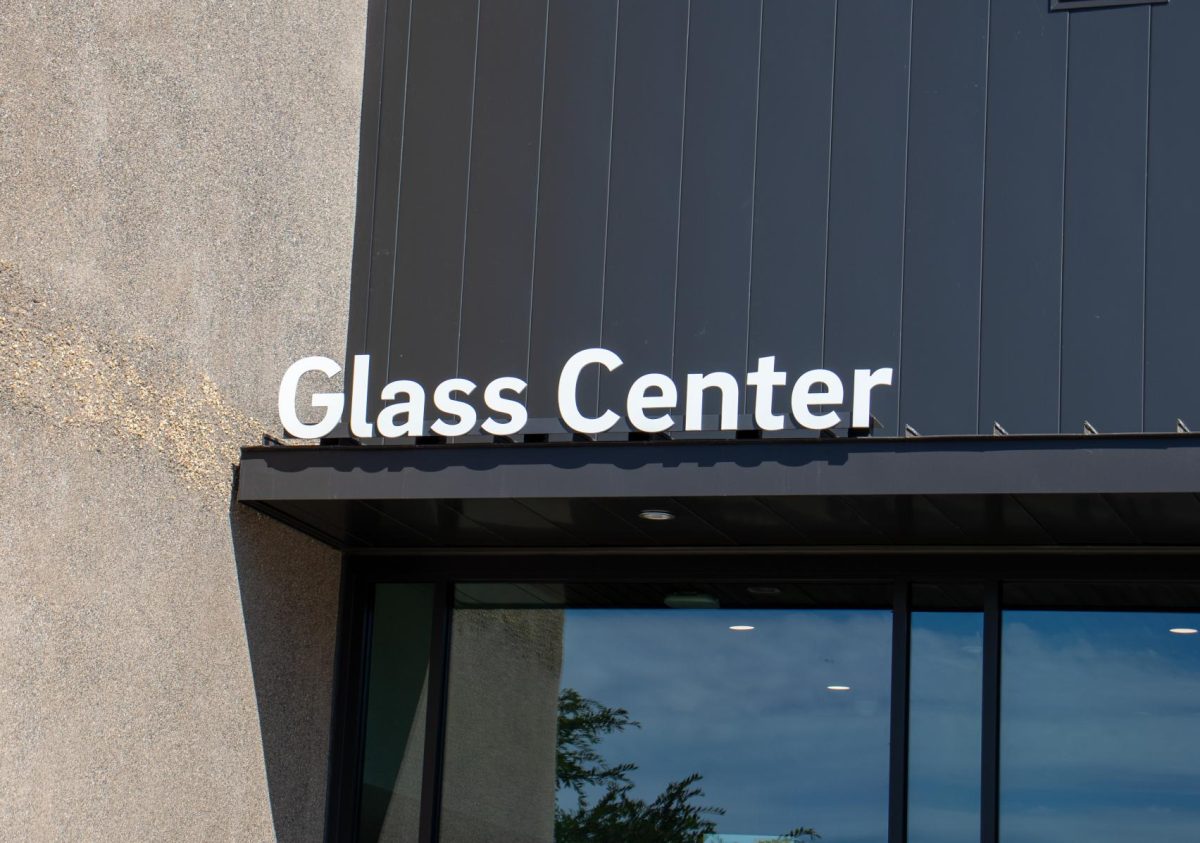
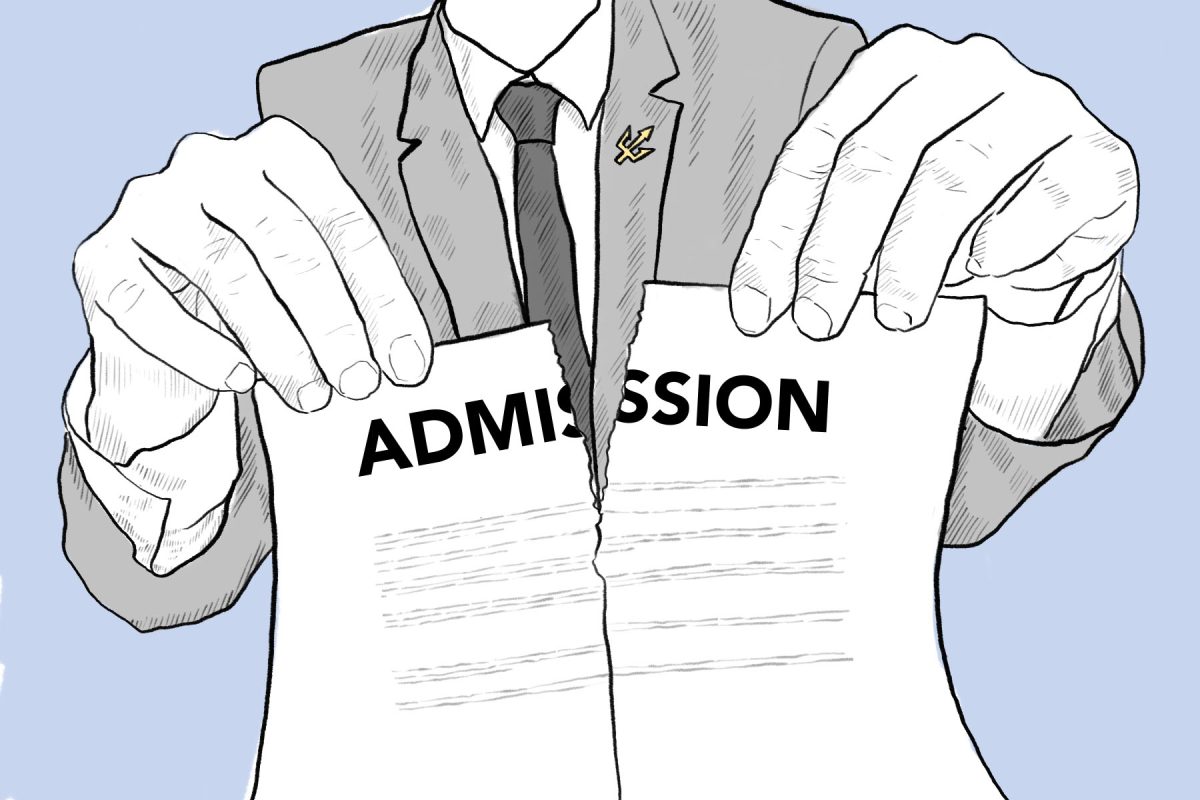




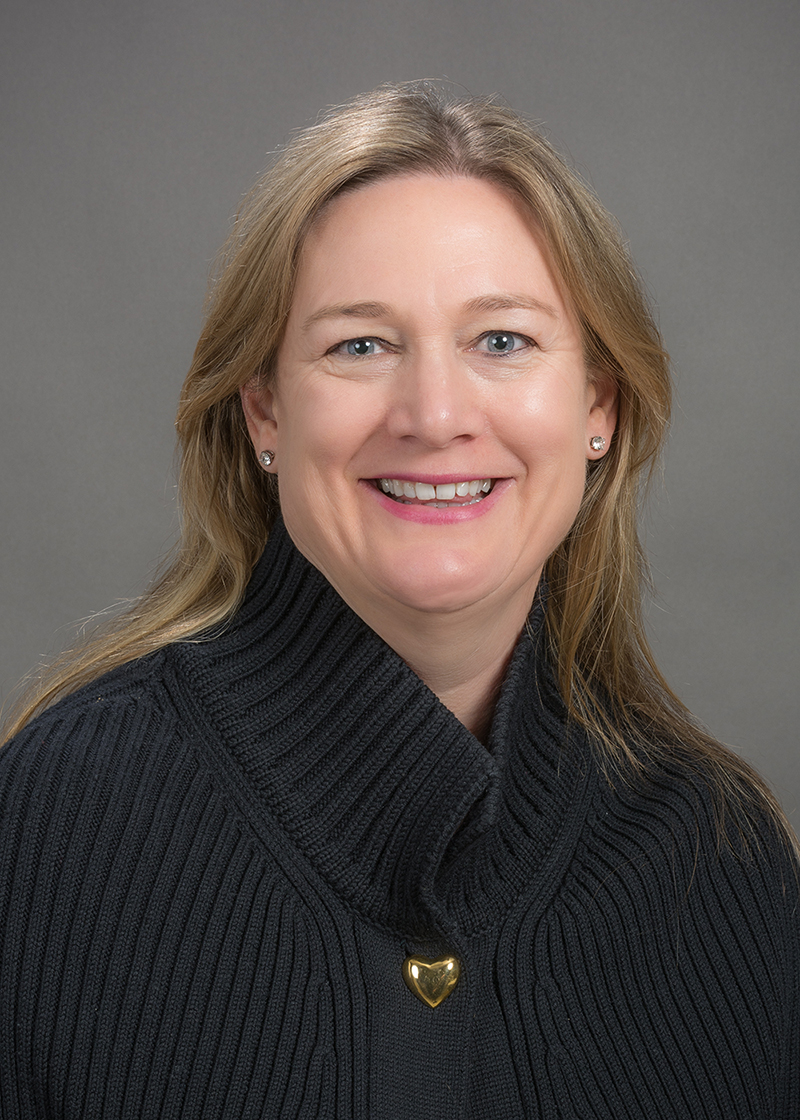
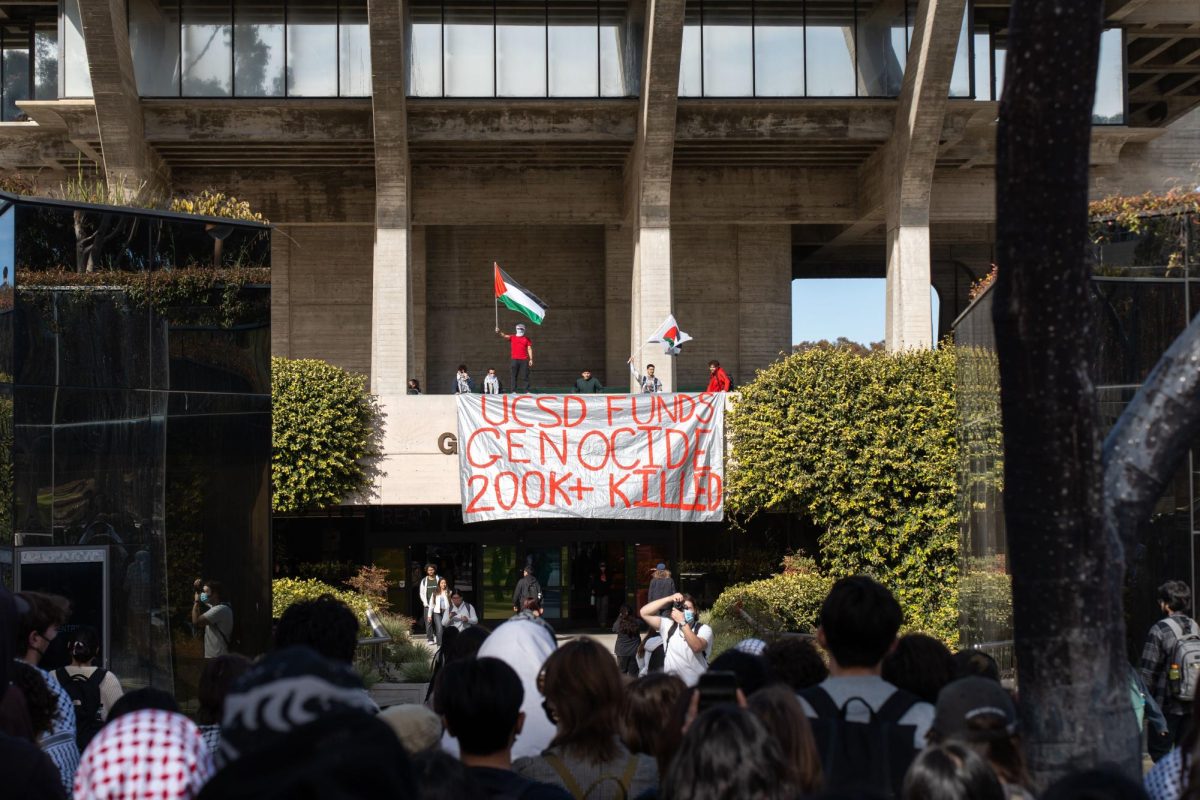


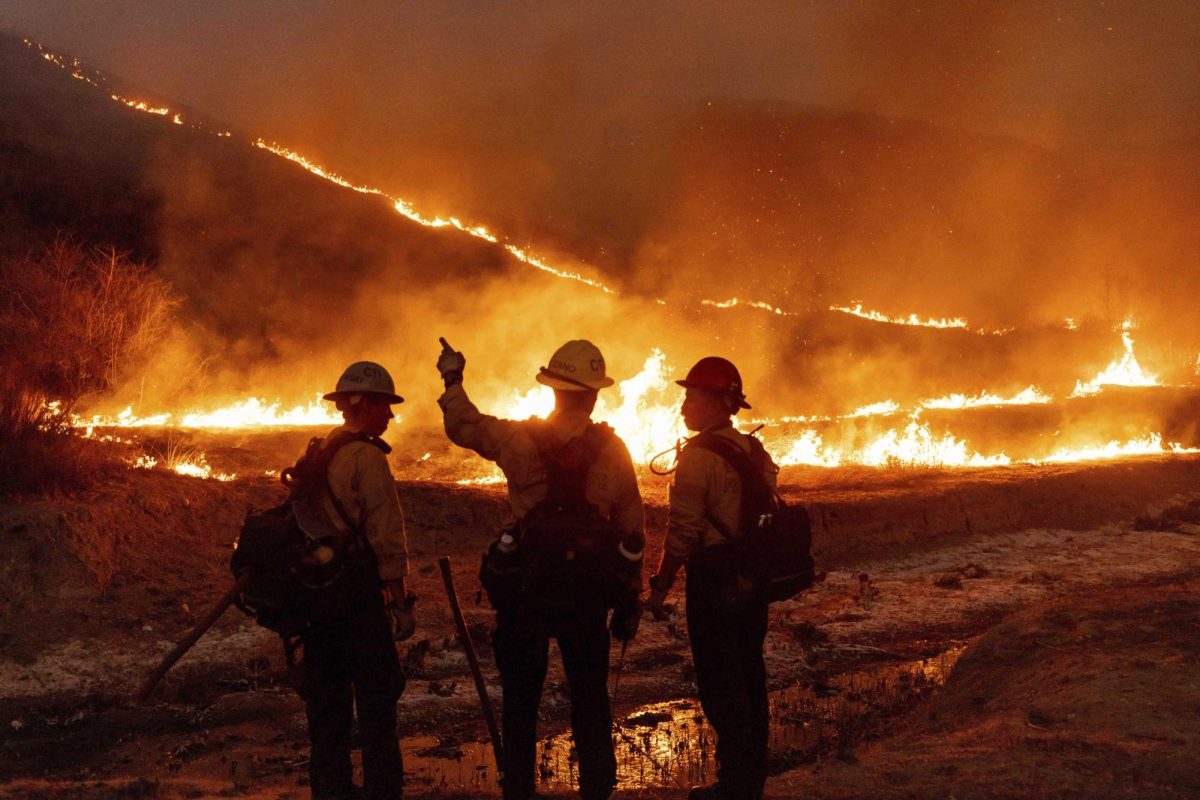
Toby • Feb 5, 2024 at 6:38 pm
Thank you for writing this article and helping spread our campaigns and our efforts for a better world!!